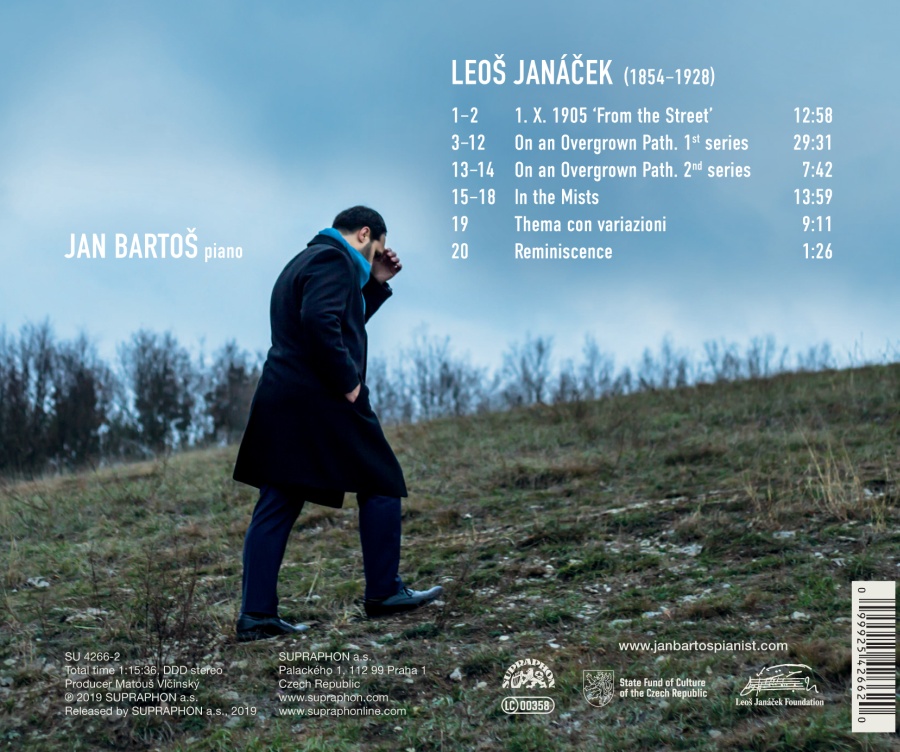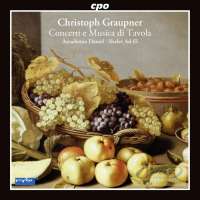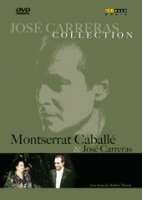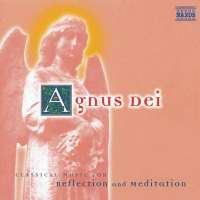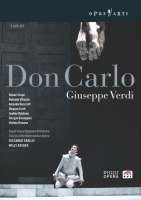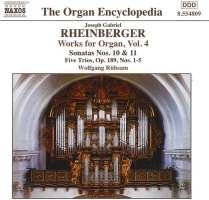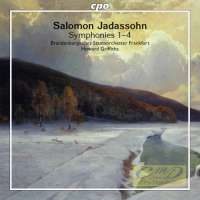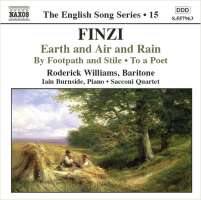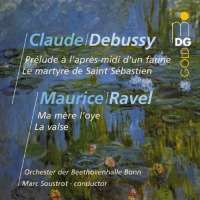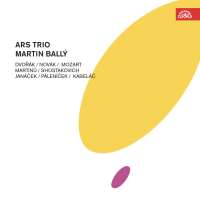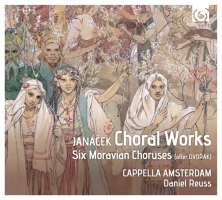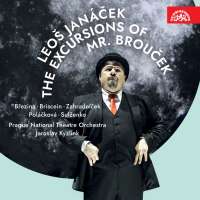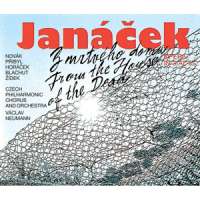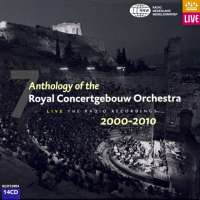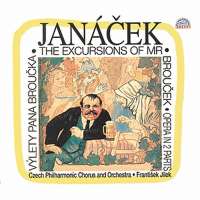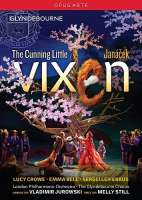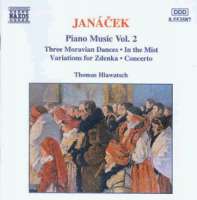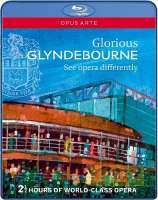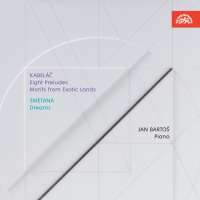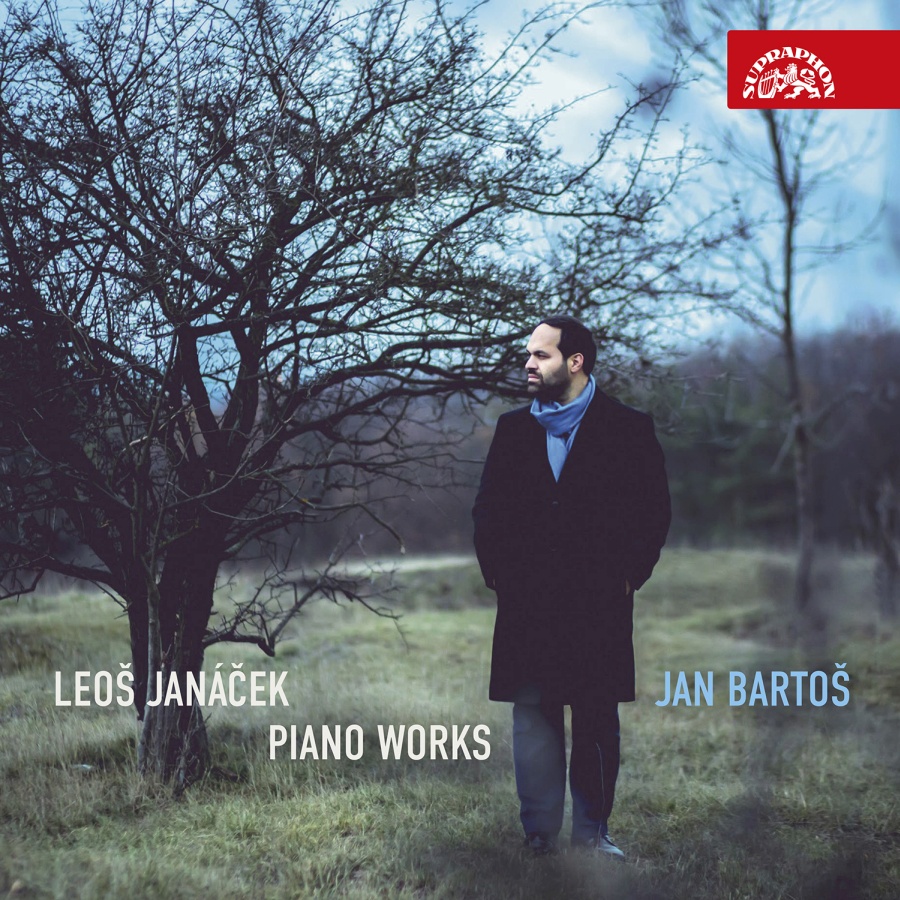
kompozytor
Janacek, Leos
tytuł
Janáček: Piano Works
wykonawcy
Bartoš, Jan
nr katalogowy
SU 4266-2
opis
Before he was completely overwhelmed by love for composing, Leoš Janáček pursued a career as a virtuoso pianist. He was closely familiar with the instrument, which served for him to share his innermost emotions and feelings. Janáček wrote his first opus, Thema con variazioni, at the age of 26, when he was studying at the Leipzig Conservatory. The miniature piece Reminiscence is one of his last scores. The composer conceived his three essential piano works, 1.X. 1905, On an Overgrown Path and In the Mists, between 1900 and 1912, which was a difficult phase in his life. They are perhaps the most personal, most intimate pieces he wrote. Janáček was inspired by the sound of the cimbalom, an instrument he often heard when collecting folk songs in Moravia. The genes of the pianist Jan Bartoš evidently bear the traces of the ample musical tradition of his ancestors, including his grandfather, a cimbalom player. The legacy of folk music and the Silesian origin is what Janáček and Bartoš have in common. In his account of Janáček's music, the pianist reveals a profound musicological insight, as well as a fascinating intuition - the inspiring integration of the heart and the brain, owing to which Bartoš's previous Supraphon albums (Mozart - Concertos, SU 4234-2; Beethoven - Sonatas, SU 4252-2) have met with such great acclaim. • Leoš Janáček according to Jan Bartoš - returning to his deepest roots
nośnik
CD
gatunek
Muzyka klasyczna
producent
Supraphon
data wydania
30-09-2019
EAN / kod kreskowy
099925426620
Produkt nagrodzony:
American Record Guide: 'Critic’s Choice' (2020)
Gramophone: 'Editor´s Choice' (2019)

(Produkt nie został jeszcze oceniony)
cena 75,00 zł
lubProdukt na zamówienie
Wysyłka ustalana indywidualnie.
Darmowa wysyłka dla zamówień powyżej 300 zł!
Darmowy kurier dla zamówień powyżej 500 zł!
sprawdź koszty wysyłki